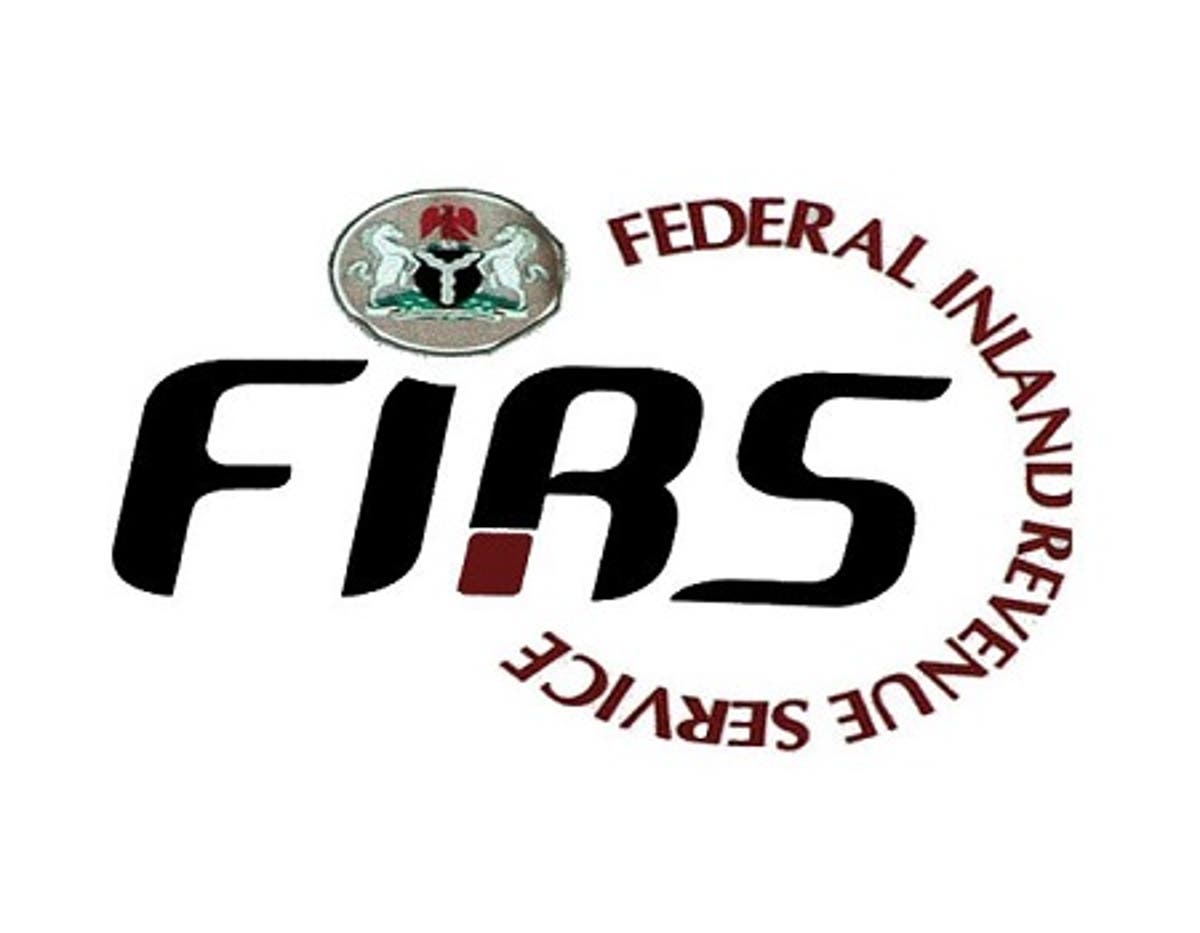Just when we thought the peak in tax collection was attained, the Federal Inland Revenue Service (FIRS) brought forward another harvest of revenue collection, peaking any collection in our nation’s history. The tax agency recently announced a total tax revenue collection of N5.5 trillion for the half-year period of January to June 2023 signifying the highest tax revenue collection ever recorded by the Service in any first six months of a fiscal year.
Even though this did not come as a shocker, it is still fascinating to see how the FIRS has improved so much under it’s current leadership and by extension set the country’s course on the path of economic growth, development and sustainability.
Prior to this feat, the Service achieved a total collection of N4.95 trillion in 2020 (representing 98% of target met). This was amidst the negative impact of the COVID-19 pandemic on the Nigerian economy as well as the business disruptions and lootings during the #EndSARS protests. The tax agency collected in tax revenue the total sum of N6.405 trillion (representing 101% of target met) in 2021 and a total of N10.1 trillion in the year 2022.
The 2022 tax collection was the highest ever made by the FIRS in a single year, signifying over 96% of its collection target for the year, marking the highest tax collection ever recorded in its history and the first time that the FIRS will cross the N10 trillion mark in tax revenue collection. That was a jinx breaker as it rewrote Nigeria’s tax collection history and set in motion the journey to future collections in double digits.
There is no doubt that the coming of Muhammad Nami as Executive Chairman of the FIRS , birthed a new era of reinvigoration and transformation of the agency. His reforms and strategies have paved ways for the service to achieve much more than it had achieved in time past under previous leaderships.
The FIRS have been diligently building on the Executive Chairman’s 4-Cardinal Goals of: Making FIRS a Customer-Centric Institution; Making FIRS a data-centric Institution;
Improving Stakeholder Collaboration; and Rebuilding the Institutional Framework of the Service.
These goals were carefully curated to give direction towards transforming the service for improved tax revenue collection. The service at the same time identified more areas where it could improve in the delivery and efficiency of its collection. And this has no doubt yielded tremendous success as seen in it’s 2023-2024 tax revenue outlook presented to the National Economic Council.
During the presentation, Mr. Muhammad Nami noted that the service was able to collect N5.5 trillion in tax for the first half of the year as a result of “improved voluntary tax compliance by taxpayers, the continued improvement of automation of our tax administration processes, including the updated VAT filing processes; as well as our dogged engagement with stakeholders in both the formal and informal sectors of the economy.”
The FIRS boss also stated that the tax revenue collected from the oil sector from January to June 2023, stood at N1.73 trillion, as against a target of N2.3 trillion; while non-oil tax collection stood at N3.76 trillion, as against a target of N2.98 trillion. With this, the agency has achieved over one hundred percent of its target for the first-half of the year when compared with a mid-year target of N5.3 trillion.
Further more, the Service collected a total of N1.65 trillion tax revenues in June 2023. This sum is the highest tax revenue collected by the Service in any single month.
With it’s continued hyper achievements, one question that keeps coming to mind is, what is this current management of the FIRS doing differently? What are they adding to the table that is yielding these progressive results?
Muhammed Nami while speaking on how the tax agency achieved its 2023 half-year collection on channels television Business Morning Show revealed the key reforms responsible for it’s continuous successes. The reforms includes: Improvement in stakeholder engagements; ensuring that taxpayers are satisfied; issuance of circulars to guide and educate taxpayers on tax laws, legislations, how to file, filing returns, etc;
enlightenment of taxpayers on their rights and obligations and redesigning the FIRS organizational structure to ensure optimum efficiency of staff.
Other reforms he stated include the constant training and retraining of FIRS staff to improve their capacity; the use of data and intelligence for tax collection and taxpayer profiling; building a comprehensive tax database; consistent stakeholder engagement in both the formal and informal sector; and deployment of the “TaxPro Max” as a tax administration solution as well as other technological tools automation of tax administration processes.
These reforms indeed are the contributors to the huge, unprecedented successes in revenue collection. Given its antecedent, one can confidently project better, prosperous days for the agency and the nation at large going forward. Mr. Nami also attested to this when he said that: “We believe that the performance in the second half of the year would be better considering the continuing improvement to our tax administration processes and positive impact of current government’s policies on the economy.”
The FIRS have a bigger target of N7.5 trillion for the second half of the year. It is almost certain that this will not be one nut too hard to crack for the agency and who knows, it might just surprise us again by exceeding its target as seen in the first half of 2023.

